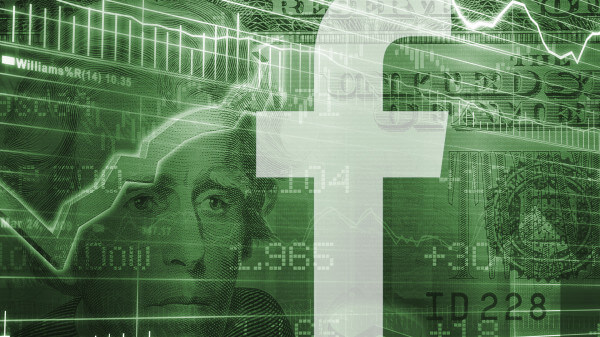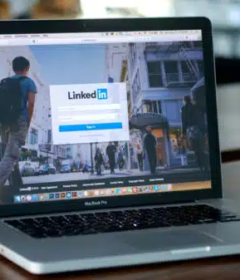Did the Facebook Ads boycott actually work?

Ad spending data from thousands of advertisers suggests the boycott had little impact on Facebook’s revenues.
Major brands = 6%. According to data from Facebook and an analysis by Pathmatics, the top 100 brands (by spend) account for only about 6% of the company’s total ad revenue. However, a survey by Digiday reported that 56% of agency clients had stopped spending on Facebook in July because of the boycott; 40% continued to spend and 4% were unsure.
After an initial stock market decline that wiped out roughly $60 billion in Facebook’s market cap the company’s shares have fully recovered and are poised to make further gains if today’s results beat Wall Street expectations. COVID-19 spending reductions and the boycott are factored into those earnings estimates.
Boycott demands not met. While the boycott brought considerable publicity to the issue of hate speech and disinformation on Facebook, the company made relatively modest concessions to the organizers. Stop Hate for Profit posted 10 “recommendations” or changes it wanted the company to adopt, the majority of which have not been.
Facebook has made some changes and public statements that it will do a better job addressing hate speech and “fake news” on its platform. The company also pledged to help register four million voters and made other pro-civil rights commitments, some of which were in the works before the boycott.
Facebook has also defiantly and vigorously defended itself against claims that it profits from hate speech and privately bet that it can outlast the boycott. Indeed, data from ad management platform Madgicx suggests that aggregate ad spending on Facebook has actually increased during July.
Facebook ad spend grew in July. Madgicx said, in an email, “Average daily ad spend on Facebook and Instagram (via Madgicx’s platform) in June, 2020 was $3.78 million vs. $3.83 million in July thus far. But in the last 10 days of July, we’ve seen a daily average of $3.94 million, higher than the $3.66 million the last 10 days of June.” The company added that it has seen advertiser growth since the end of May.
“What we’re seeing from our hundreds of retail/DTC clients is that they’re maintaining their ad spend on Facebook and Instagram because of the scale and conversion rates,” said Madgicx CEO Yahav Hartman. “Given the uncertainty brought on by COVID-19, more marketers are focusing on the platforms and solutions that deliver the best ROAS and are less willing to experiment with their ad budgets which need to perform. That’s why CPM/CPAs on Facebook have returned to pre-boycott levels for most keywords, geographies and demographics.”
The company’s data comes from roughly 20,000 advertisers with a heavy concentration in North America (65%). The remaining advertisers are in Europe (25%) and APAC (10%). Madgicx’s Hartman added that he believed the data was representative of the larger Facebook advertiser market.
Many SMBs couldn’t quit. The majority of Facebook’s total ad revenue comes from small advertisers, many of whom didn’t feel they could afford to pause campaigns during the COVID crisis. And many large brands that explicitly participated in the boycott or paused social media campaigns in July have said they will resume spending in August.
A consumer survey conducted by Search Engine Land in early July found that a majority of consumers (68.2%) were either unaware of the boycott or hadn’t formed an opinion. This lack of awareness among consumers could be seen as a major strategic failure for Stop Hate for Profit.
Why we care. It appears that Facebook has sustained little impact from the boycott and that many of the brands that fled will resume campaigns in August despite misgivings about the platform. It also appears Facebook won’t need to make many of the concessions boycott organizers wanted.
Yet Stop Hate for Profit succeeded in generating renewed debate about the presence of hate speech on the platform and did motivate discussions with advertisers and, to some degree, the public — about 20% of survey respondents approved of the boycott. The boycott’s underlying concerns will also factor into ongoing antitrust investigations against the company. Not a win, but not a fail either.


